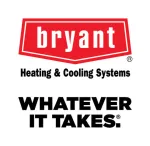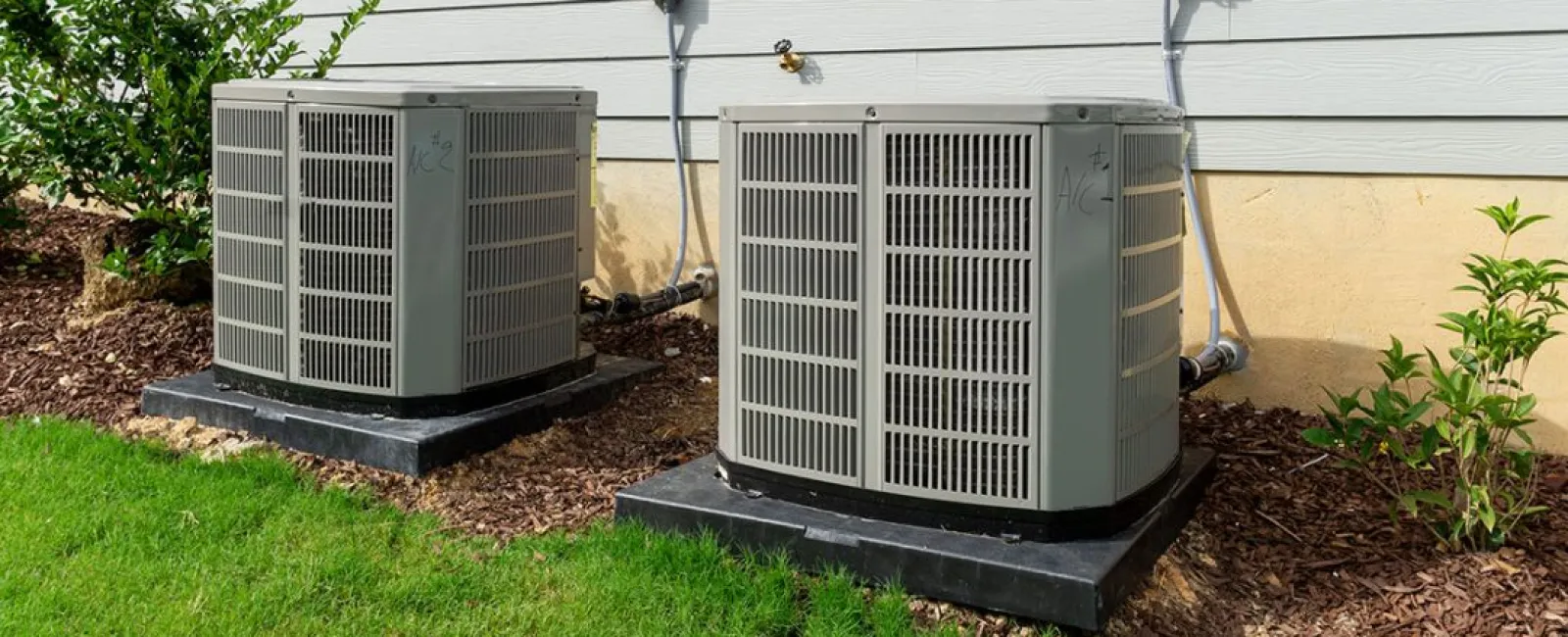Introduction
In HVAC systems, managing moisture is a critical task that often goes unnoticed. If left unchecked, excess moisture can lead to significant issues such as water damage, mold growth, and expensive repairs. This is where the often-overlooked condensate pump comes into play. This essential device removes excess water, helping your HVAC system operate smoothly while keeping your home safe and dry.
What is a Condensate Pump?
A condensate pump is a specialized device designed to collect and remove excess water produced by HVAC systems, dehumidifiers, and other appliances. There are two main types: automatic and manual. Automatic pumps activate on their own when water reaches a certain level, providing a hands-off approach to moisture management. In contrast, manual pumps require user intervention, offering more control over the process.
The Essential Role of Condensate Pumps
Condensate pumps do much more than remove water; they are vital in protecting your property. By preventing water accumulation, these pumps help avoid structural damage and mold growth, which can pose serious health risks. Additionally, they enhance the efficiency of your HVAC system, potentially extending its lifespan and reducing energy costs.
Proper moisture management also contributes to maintaining good indoor air quality. By curbing the conditions that promote mold and mildew, condensate pumps help create a healthier living environment for you and your family.
Choosing the Right Condensate Pump
Selecting the right condensate pump involves considering several important factors.
Capacity and Flow Rate: The pump needs to handle the volume of condensate your HVAC system produces. Consulting with a professional can help you identify the correct specifications for your system.
Noise Level: Noise can be a concern in residential settings. Some pumps operate more quietly than others, so consider your comfort when choosing.
Energy Efficiency and Power Source: Look for a pump that is energy-efficient and compatible with your existing electrical setup. This will help keep energy costs down.
Durability: Investing in a pump made from high-quality materials can ensure long-lasting performance and reduce the need for replacements.
Automatic vs. Manual Operation: Depending on how hands-on you want to be with your system, decide whether you prefer the convenience of an automatic pump or the control provided by a manual model.
Installation and Maintenance
While installing a condensate pump yourself is possible, professional installation is often recommended to ensure everything is set up correctly. If you opt for a DIY installation, it is crucial to follow the manufacturer's instructions carefully.
Regular maintenance is vital in keeping your pump in optimal condition. This includes routine inspections and cleaning to prevent clogs and ensure smooth operation. Be vigilant for common issues like leaks or unusual noises and address them promptly to avoid more severe problems.
Always prioritize safety during maintenance. Turn off the power before working on the pump, and don't hesitate to call a professional if you encounter any issues beyond your comfort level.
Environmental Considerations
As environmental awareness grows, it's important to consider the energy efficiency of your condensate pump. Newer models often offer improved efficiency, which can help lower your energy consumption and utility costs.
There are also eco-friendly options available that minimize environmental impact. When selecting a pump, consider these greener alternatives, especially if sustainability is a priority for you.
Conclusion
A well-chosen and adequately maintained condensate pump is crucial to any HVAC system. By effectively managing moisture, these devices protect your property, improve system efficiency, and contribute to a healthier living environment.
The key to maximizing the benefits of your condensate pump lies in careful selection, proper installation, and regular maintenance. By understanding these devices' roles and the factors that influence their performance, you can make informed decisions that will serve you well for years.
Whether installing a new HVAC system or upgrading your existing one, choosing the right condensate pump is an investment in your home's comfort, efficiency, and longevity. And if you ever feel uncertain about the process, seeking expert advice is always a wise choice. After all, being well-informed is the best strategy when it comes to keeping your home comfortable and safe.




